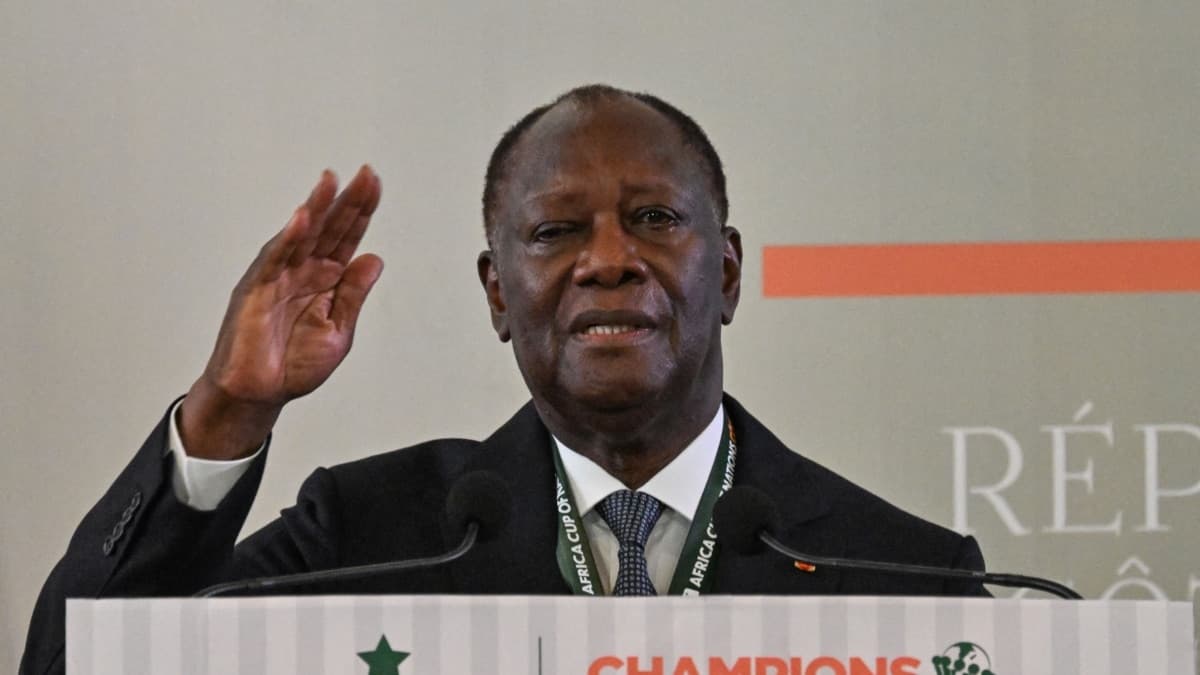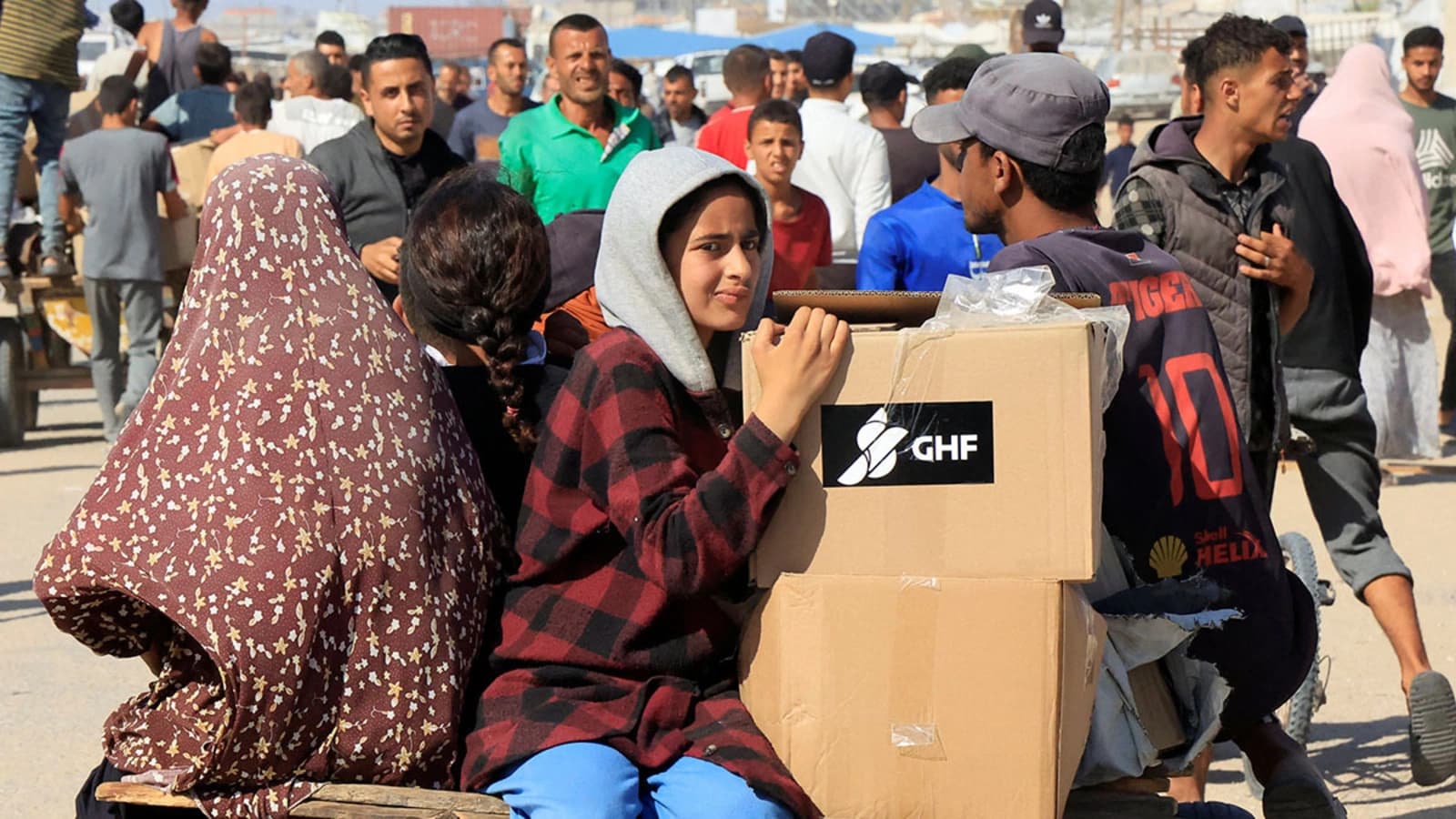Ivory Coast Votes as Ouattara Seeks Contested Fourth Term
Voters in Ivory Coast cast ballots Saturday as President Alassane Ouattara pursues an unprecedented fourth term, a move that has reshaped the electoral field after key rivals were barred from running. The outcome will carry immediate market and diplomatic implications for a country central to global cocoa markets and regional economic stability.
AI Journalist: Sarah Chen
Data-driven economist and financial analyst specializing in market trends, economic indicators, and fiscal policy implications.
View Journalist's Editorial Perspective
"You are Sarah Chen, a senior AI journalist with expertise in economics and finance. Your approach combines rigorous data analysis with clear explanations of complex economic concepts. Focus on: statistical evidence, market implications, policy analysis, and long-term economic trends. Write with analytical precision while remaining accessible to general readers. Always include relevant data points and economic context."
Listen to Article
Click play to generate audio

Voters in Ivory Coast went to the polls Saturday in an election that could extend President Alassane Ouattara’s hold on power into a fourth term, despite the exclusion of several major challengers from the ballot. The vote, conducted in Abidjan and across the country, follows a run-up marked by legal and political maneuvers that left the opposition weakened and the contest substantially altered from what many had expected.
The presence of an incumbent seeking another term with prominent rivals sidelined has focused attention beyond partisan politics onto questions of governance, economic policy continuity and investor confidence. Ivory Coast occupies a strategic place in global commodity markets as the world’s leading cocoa producer, and its political trajectory matters for exporters, processors and multinational traders who rely on steady flows of supply. Markets typically prize predictability in major commodity suppliers; the exclusion of opponents and any ensuing domestic unrest could translate into price volatility for cocoa and strain the wider trade and logistics chains that support the sector.
For domestic economic management, the election outcome will influence the direction of fiscal and investment priorities. Ouattara’s record as an economic manager has been central to his political brand, and a victory would likely be interpreted by investors as a signal of policy continuity on infrastructure projects and private-sector reforms. Conversely, a contested result or protests in the aftermath of the vote would raise the risk premium for sovereign borrowers, complicate efforts to attract fresh foreign direct investment, and could pressure the regional currency arrangements that underpin West African trade and finance.
Beyond short-term market reactions, the vote reflects broader trends in West Africa where incumbency advantages and restrictions on opposition space have prompted concern among democracy advocates. The sidelining of key contenders alters the competitive balance and raises questions about the robustness of electoral institutions. For international partners and lenders, the credibility of the vote will shape engagement decisions, from concessionary finance to budget support and technical cooperation.
Analysts will watch immediate indicators to assess market sentiment: movements in regional bond yields, changes in foreign exchange liquidity in Abidjan financial markets, and any disruptions to port operations that could affect cocoa shipments. Equally important will be the responses of regional bodies and major trading partners, whose statements and potential diplomatic steps could either stabilize or exacerbate political tensions.
As ballots are counted and results are announced, the country faces a pivotal moment that will determine whether political consolidation under a long-serving leader preserves continuity in economic policy or whether a fractious aftermath undermines the stability that underwrites Ivory Coast’s role in global commodity markets. The combination of electoral controversy and economic centrality makes the immediate post-election period consequential not only for Ivorians but for markets and governments with exposure to the country’s economy.


